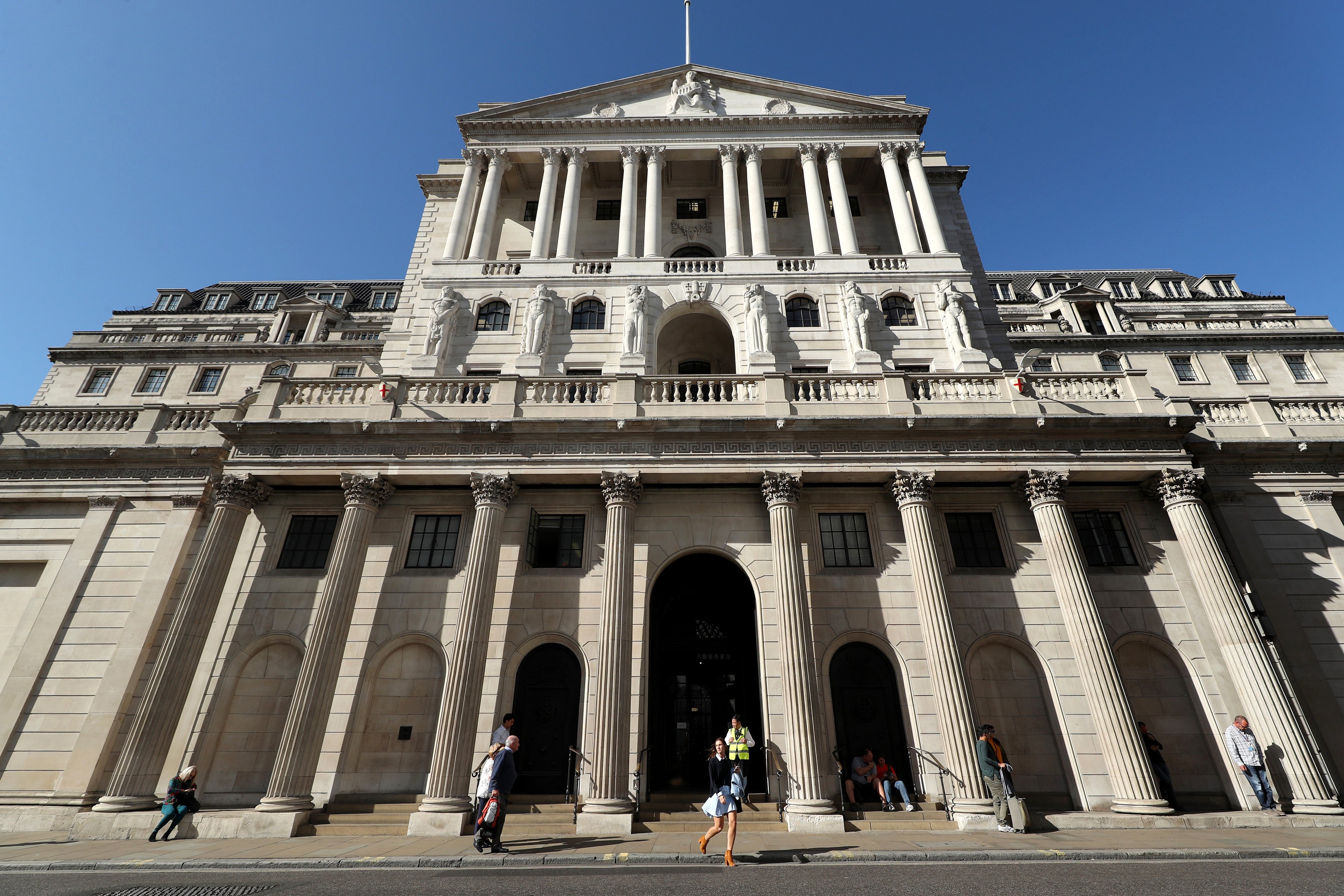Bank of England reminds City it’s in charge as it holds rates, but rise could come in just six weeks
Governor Andrew Bailey signalled that rates could rise ‘at any time’ although the Bank’s view is that the current spike in inflation is ‘temporary’. Markets will respond accordingly

Score one for the economists.
The City’s traders confidently predicted this would be the week the Bank of England’s Monetary Policy Committee (MPC) would act, pricing in a 0.15 percentage point rise in base rates to 0.25 per cent.
Except it didn’t happen.
The MPC kept them on the floor they’ve occupied since 19 March last year, when they were cut to 0.1 per cent at a special MPC meeting, held barely more than a week after they were cut to 0.25 per cent, with the economy preparing to enter a Covid-created deep freeze.
Economists, the people who actually watch the committee, and pay attention to the Bank’s pronouncements, were much more cautious. They’ve been expecting a rise. Just not this time around.
The MPC underlined, with that emergency cut, that it was prepared to act quickly in a crisis.
But as the economists would have been able to tell their more excitable colleagues on the trading floors, it doesn’t see the current inflation spike in those terms. You could call this a rare victory for practitioners of “the poor science”.
True, some MPC members have started to twitch about price rises, as well they might, given the pace at which price rises have been heating up. The Bank’s forecast for inflation’s peak has been inching upwards for a while now. It is now expected to hit a high of 5 per cent.
But its base case that the current inflation spike is a temporary phenomenon, one largely caused by factors outside its control, has remained remarkably consistent.
It is nonetheless significant that the “hold” vote showed the first signs of dissent. The long period of unanimity came to an end, with the result coming in at 7-2.
The CBI, in welcoming the decision as the right one, said the decision was “aways going to be on a knife edge”.
It might just be me, but I’m not sure you would describe 7-2 in quite those terms. A 5-4 vote in either direction? Certainly. Even 6-3, at a push. But not 7-2.
A “close call”? That was the description of governor Andrew Bailey, which is a degree milder than the CBI’s characterisation and probably about right.
The immediate consequences were entirely predictable: the pound fell sharply against the dollar, euro and yen. Its weakness might prove to be temporary. Bailey signalled that a rise is on the way. It could come at “any time” he told reporters, which will certainly come as a relief to the nation’s financial press corps. The “what this means for you” articles that had been prepped won’t get wasted. They may be good to go in as little as six weeks time, when the next MPC meeting is scheduled to be held, probably amid similar excitement.
The odds on a rise happening then will be quite narrow. It’s not quite a slam dunk. But the strength of the labour market, visible in real time data, is a strong indicator that the economy can take it.
So the traders will reset. Sterling will recover some of its losses while UK-issued debt will resume trading as if rates were at 0.25 per cent, which is where they might well be before the end of the year. There won’t be any super cheap mortgage deals suddenly emerging.
It’s not unfair to ask whether, all that being the case, anything was really served by the Bank holding off.
Well, the last set of inflation figures actually showed price rises unexpectedly easing back, probably temporarily, but if it proves otherwise, the MPC will look clever. Even if they they resume their upward path, as expected, it has reminded the City boys and girls who’s in charge, which is no bad thing.






Join our commenting forum
Join thought-provoking conversations, follow other Independent readers and see their replies
Comments